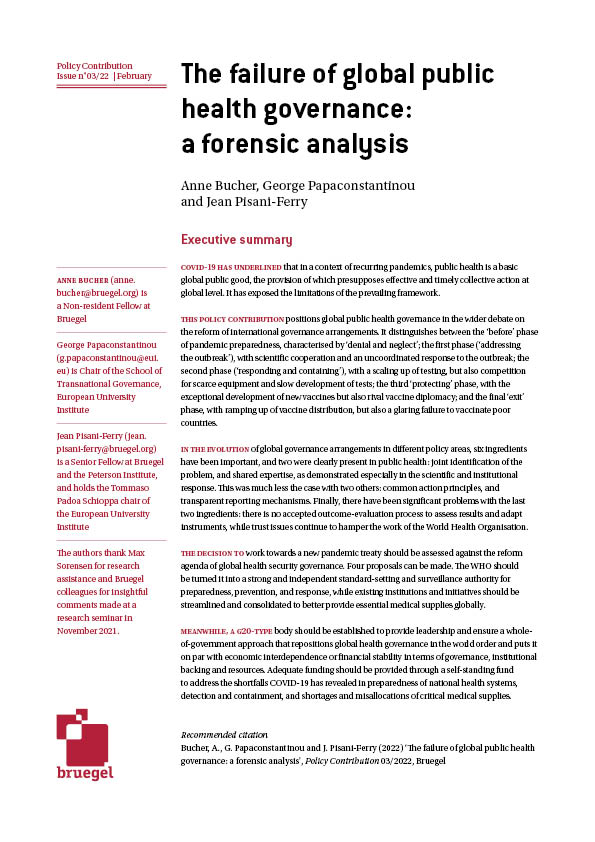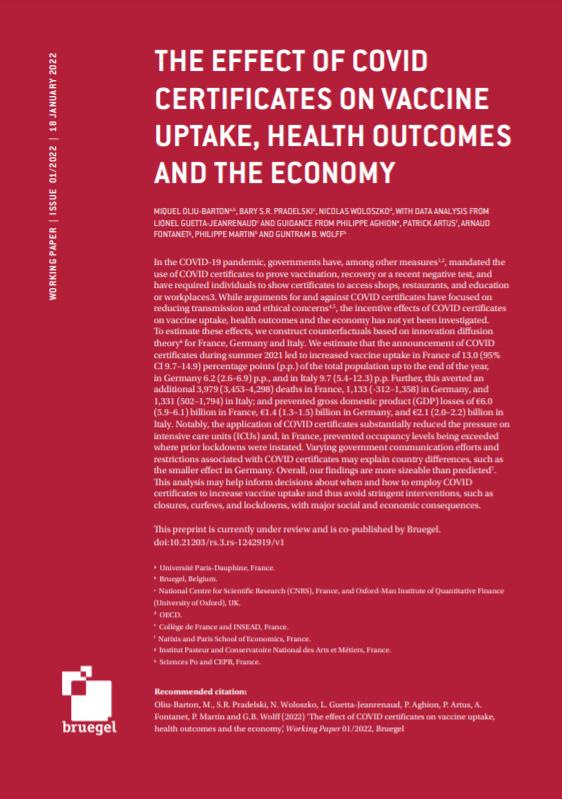Opinion
Downsides to Hong Kong’s untargeted cash handout
The stimulus is regressive in nature, as the bulk of expenditure is a one-off cash disbursement per adult
After enjoying 15 years of fiscal surplus, Hong Kong is now running a deficit due to plummeting growth. The economy contracted by 1.2% in 2019, and this year will most likely be the same, if not worse.
Last week’s budget shows that Hong Kong’s sweet dilemma has come to an end. It is a test for whether Hong Kong really has adopted a “new fiscal philosophy,” as mentioned by Chief Executive Carrie Lam back in 2018, on bolder spending, if necessary.
The answer seems to be yes. The headline relief measures amount to HK$120 billion (US$15.4 billion, 4.2% of gross domestic product), with HK$71 billion (2.5% of GDP) handed out as cash. As such, the fiscal deficit may reach 4.8% of GDP on the basis of the official growth forecast, which is very optimistic (minus-1.5% to 0.5% year on in 2020). Fiscal reserves meanwhile look set to meet only 15 months of government expenditure.
The best part of the budget is that the amount is no longer small, as opposed to the piecemeal approach in the past. The government is now willing to play a larger role, including the establishment of a relief fund and bolder future spending.
Strong fiscal expenditure is indeed meaningful in easing short-term liquidity needs, especially for the low-income population and small firms. The choice of a universal cash handout instead of targeted measures has the advantage of quicker implementation, but this will largely hinge on how quick the measures can be put in place and whether the government can avoid a backlash in the Legislative Council.
The downside though is that the stimulus is untargeted and regressive in nature, as the bulk of money spent is a one-off cash disbursement per adult, independent of income or damage from the Covid-19 outbreak. The same amount targeted to small and medium-sized enterprises in the hardest-hit sectors could have a bigger impact on household income as it might help protecting their jobs or ease their burden directly.
Furthermore, the one-off nature of the cash handout also increases the likelihood of having this stimulus leaving Hong Kong rather than being used for consumption. In macro-economic terms, this equates to burning fiscal space and potentially feeding capital outflows. In fact, a monthly subsidy targeted at consumption would ease this concern.
Crucially, it does not address the future challenges of weaker revenue generation and higher expenses. Because of economic headwinds, fiscal revenue for the current financial year may be the largest and steepest since 2001.
The high reliance on land-related income may pose risks if there is any large downfall in the property market. Stamp duty and land premium has surged from 8% in 2003 to the peak of 42% in 2017. Although the lower land price may be offset by a larger land supply, lower transactions or any potential easing measures in the future could reduce revenue.
Profit tax and salaries tax meanwhile form 40% of revenue but are generally much correlated to the macro environment, meaning revenue could fall if business and consumer confidence is not restored as expected.
Then there is rising expenditure, driven by aging demographics, health care and housing. In the past 20 years, the share of expense on social welfare and health care has remained almost unchanged while the population is aging rapidly. The working population has already started to decrease, with the elderly population making up a higher proportion. More public-housing construction will also mean higher expense. Thus solving long-neglected problems and catching up on social investment that was missing in the past will be key to restoring business and consumer confidence.
What really matters for Hong Kong’s fiscal situation is economic activity. If Hong Kong remains in recession as we expect, which means negative-5% YoY in the first quarter of 2020 and -3% YoY for the full year from the more challenging environment compared with the SARS (severe acute respiratory syndrome) crisis in 2003, the fiscal deficit could further widen.
With stricter global measures implemented on people’s movement during the Covid-19 scare, the hit on retail, hospitality and airlines will be significant. The Chinese economy is now on a decelerating trajectory, which is very different from 2003 when growth was accelerating. Policy room is also limited as measures similar to the launch of the Individual Visitor Scheme seems unlikely. Therefore, the momentum of a rebound will be weaker than in the past.
Down the road, it all depends on Hong Kong keeping its competitive edge, which looks increasingly difficult as no major measure announced by the government targeted the future but only provided relief. The world is evolving and exerting new challenges on Hong Kong, including the structural problem that the retail sector is too reliant on a single market and the international role in trade if the US-China decoupling continues because of the trade war or supply-chain localization as a result of the Covid-19 outbreak.
Republishing and referencing
Bruegel considers itself a public good and takes no institutional standpoint.
Due to copyright agreements we ask that you kindly email request to republish opinions that have appeared in print to [email protected].












